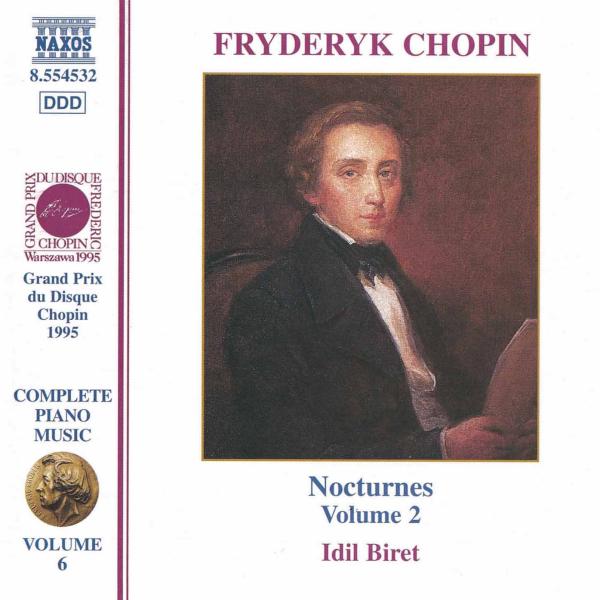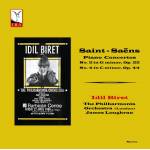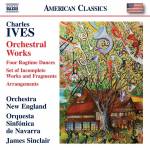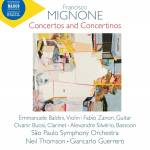Other products from Idil Biret |
My Account
|
Log In
|
English |
€ Euro |
Advanced Search
|
All Categories
BEST SELLER
500
NEW RELEASES
8.935
SPECIALS
225.382
Your search:
No selection
Filter results:
TECHNICS
267.148
GAMES/SOFTWARE
27.155
MUSIC
714.056
Christian Music
739
- Asia Pop
9.522
- Austro Pop
209
- Brit Pop
241
- Dutch Pop
1
- Euro Pop
39
- French Pop
561
- Indie Pop/Lo Fi
24
- Italo Pop
282
- Latin Pop
6.865
- MiddleoftheRoad
2.492
- Oldies
62
- Other Pop
232.316
- Party
33
- Synthi Pop
319
- The 60s
260
|
Music Movie Audiobooks Merchandise Children's |



![Idil Biret - Idil Biret-75th Anniversary Edition [DE-Version, Regio 2/B]](https://img.grooves.land/images/cover/349/130/p4303yak.j11)


















![Dutch National Ballet - Hommage à Hans van Manen [US-Version, Regio 1/A]](https://img.grooves.land/images/cover/552/577/pn9ghggr.j11)




